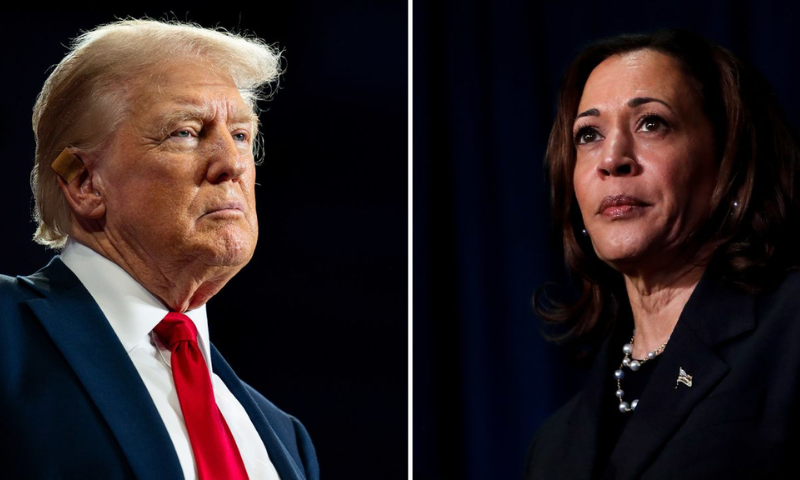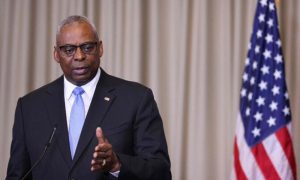NEW YORK, USA: Donald Trump has leveraged racial animus since his entrance into politics, and his recent comments about Vice President Kamala Harris have sparked outrage.
Trump’s false claim that Harris, of Jamaican and Indian heritage, only “turned Black” for political gain has been met with condemnation from Democrats and discomfort from some Republicans. Despite some distancing themselves from Trump’s rhetoric, his long history of using race to attack opponents suggests that divisive racial politics may again play a role in his campaign.
Trump’s strategy appears uncoordinated with his team, who believe the focus should be on policy rather than identity politics. A Trump adviser argued that Harris should be critiqued for her liberal policies on issues like immigration, crime, and the economy. Yet, Trump doubled down on his racially charged comments, questioning Harris’s racial identity during public appearances and online posts. This approach drew criticism even from within his party, with figures like Senator Cynthia Lummis calling such rhetoric unhelpful.
Harris, who attended Howard University and has often spoken about her dual heritage, became a target for Trump shortly after President Joe Biden endorsed her for reelection. Trump falsely suggested she misled voters about her race, displaying headlines describing Harris as the “first Indian-American senator” at a rally to support his claims. His running mate, Ohio Senator JD Vance, labeled Harris a “chameleon” who changed her identity when convenient. These attacks have been criticized as part of a broader strategy to appeal to certain voter demographics, though they risk alienating others.
Historically, Trump’s use of race to attack opponents has been controversial. From questioning Barack Obama’s citizenship to labeling Mexican immigrants as “rapists,” his tactics have drawn widespread condemnation. While in office, he defended white supremacist marches and used derogatory terms for certain countries. Despite these tactics, Trump has maintained a significant base of support, though many worry about the potential impact of his racially charged strategies on the upcoming election.
Critics argue that Trump’s attacks on Harris could backfire. Pollster Frank Luntz noted that race-based criticisms are unlikely to resonate with swing voters, who are more concerned with policy issues. Eugene Craig, a former Republican Party vice chair, warned that disrespecting Black identity could alienate even conservative Black voters. The Harris campaign sees Trump’s attacks as an opportunity to highlight his divisiveness but emphasizes the importance of focusing on key policy issues instead.
Some Republicans, like conservative commentator Ben Shapiro, have also criticized Trump’s focus on Harris’s racial identity, suggesting that attacking her record would be a more effective strategy. Shapiro and others believe that winning the 2024 election should take precedence over engaging in divisive racial rhetoric.
Ultimately, while Trump’s strategy of leveraging race in political attacks has found some resonance among his base, it remains a high-risk approach. The broader electorate may view these tactics as outdated and harmful, potentially undermining Trump’s appeal. As the election approaches, the impact of Trump’s racially charged rhetoric on his campaign’s success will be closely scrutinized.






















